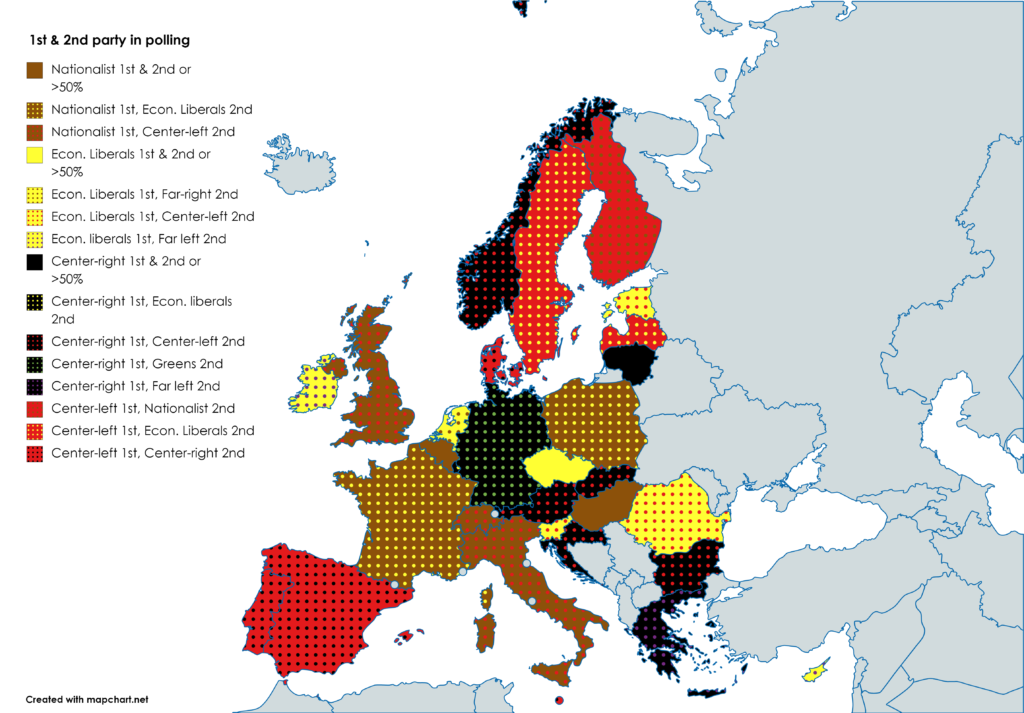It’s always election season in Europe – dozens of competitive multi-party democracies packed onto a single continent will do that.
Among those heading to the polls later this year are the Germans, choosing the future path for Europe’s most populous country and main economic powerhouse with great sway in the EU’s politics. Recently, the German Greens have surprisingly pulled ahead of the Merkel’s ruling center-right Christian Democratic Union, a party that will run for the fall elections with a new chancellor candidate, for Merkel, after serving as chancellor since 2005, has declared she has no intention to run for the position again.
A number of countries across Europe have seemingly seen a shift to the left, at least according to opinion polls. One noteworthy example is Hungary, where Prime Minister Viktor Orbán’s far-right Fidesz party has hollowed out democracy and repressed civil society since 2010. The citizens of the only EU member to rank only “partially free” in Freedom House’s annual ranking will head to the polls in 2022. This election will be worth watching because most of the oppositional parties have put aside their difference to combine their forces and run as the “United Opposition” – and they are currently polling a few percentage points ahead of Fidesz: At around 49% compared to Orbán’s 47%.
In Romania as in Slovakia, center-left parties have overtaken further right parties in the polls and are now the highest-polling parties in these countries. While the pandemic is still not fully beaten and extraordinary restrictions continue to affect everyday life across Europe, shifts in European polls over the last year might give us a first rough indication of how the pandemic and associated measures imposed by politicians might have affected public opinion and shifted the fortunes for political parties in upcoming elections.
Polls as of May 1, 2021

Polls as of October 19, 2020 – for comparison


